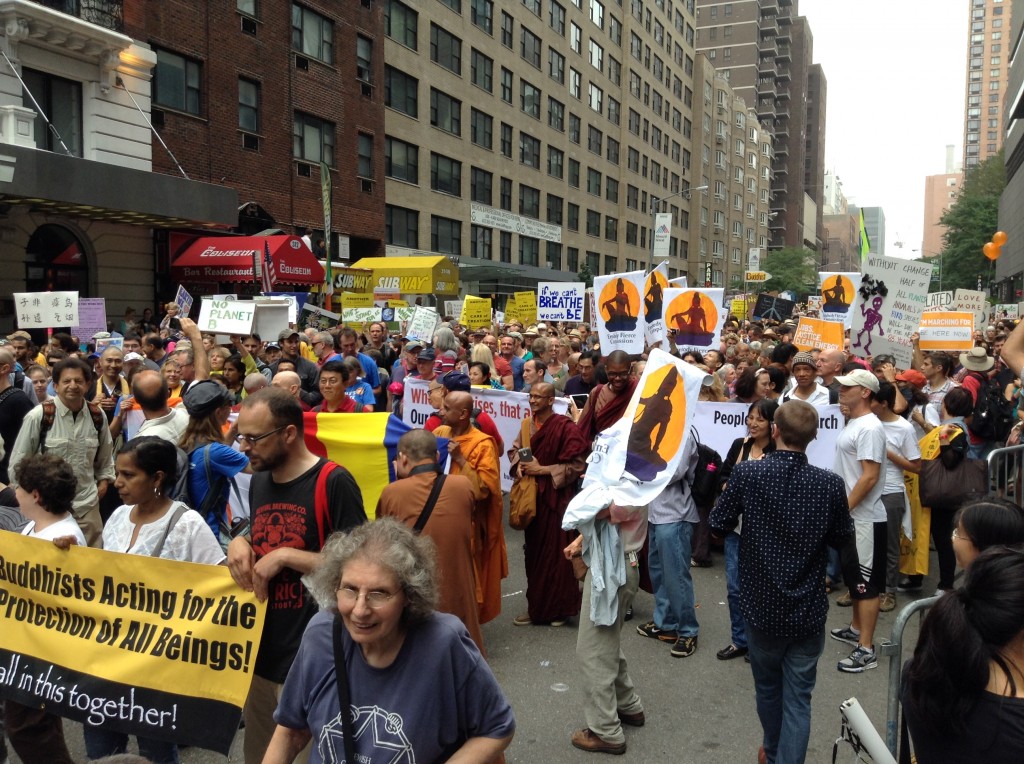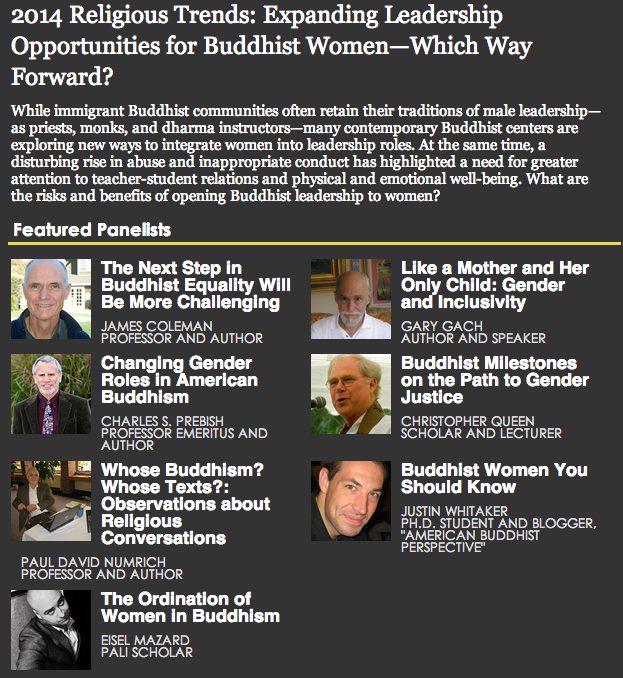Tides, the online magazine of the South Asian American Digital Archive, in honor of Dalit History Month 2014, has posted an exchange of letters between the Dalit Buddhist leader and author of India’s Constitution, Dr. B.R. Ambedkar, and W.E.B. Du Bois, the mighty African-American civil rights leader, scholar, and educator. You can see them here.
Article author Manan Desai explains:
In 1913, B.R. Ambedkar arrived in New York City from Bombay at the age of twenty-two, on a scholarship to attend Columbia University that Fall and pursue an M.A. in Economics. After returning to India (not before completing a Ph.D. in London), Ambedkar would go on to become the most influential Dalit leader in India in the 20th century, the chairman of the constituent assembly that drafted the Indian constitution, and one of the most incisive theorists of caste and greatest intellectuals of modern India. From the perspective of a researcher, Dr. Ambedkar’s proximity to Harlem during his years of study at Columbia has always raised several questions about his experience in the U.S. How might have his experiences in New York impacted his thinking? Aside from his influential mentors at the University (John Dewey, Edwin Seligman, James Shotwell, and James Harvey), who were his personal acquaintances in the U.S.? And did his experience witnessing anti-Black racism in America influence his thinking on the caste question in India? Despite the many allusions to race in the U.S. in his oeuvre, Ambedkar — as far as I know — left no first hand account of his time in New York to answer such questions.
An interesting record appears in the papers of W.E.B. Du Bois, the prominent African American intellectual and activist, whose archive is housed at the University of Massachusetts. In the 1940s, Ambedkar contacted Du Bois to inquire about the National Negro Congress petition to the U.N., which attempted to secure minority rights through the U.N. council. Ambedkar explained that he had been a “student of the Negro problem,” and that “[t]here is so much similarity between the position of the Untouchables in India and of the position of the Negroes in America that the study of the latter is not only natural but necessary.” In a letter dated July 31, 1946, Du Bois responded by telling Ambedkar he was familiar with his name, and that he had “every sympathy with the Untouchables of India.”
Not long ago, I mentioned Hozan Alan Senauke’s brand new, highly recommend book Heirs To Ambedkar: The Rebirth of Engaged Buddhism in India, which is an outstanding introduction to the revival of Indian Buddhism that began with “untouchables” converting in part to confront and undermine the systemic oppression of the caste system.
Other excellent resources that have also appeared recently about the Dalit Buddhists include a series of posts by Hozan for the Buddhist Peace Fellowship’s Turning Wheel Media. (The first post, “The Suffering of Caste”, is online now.) In addition, the great Indian writer Arundhati Roy (The God of Small Things) recently authored a remarkable and extensive new essay entitled “The Doctor and the Saint” about caste, Indian politics at the time of independence, Gandhi, and the mighty Dr. Ambedkar.












